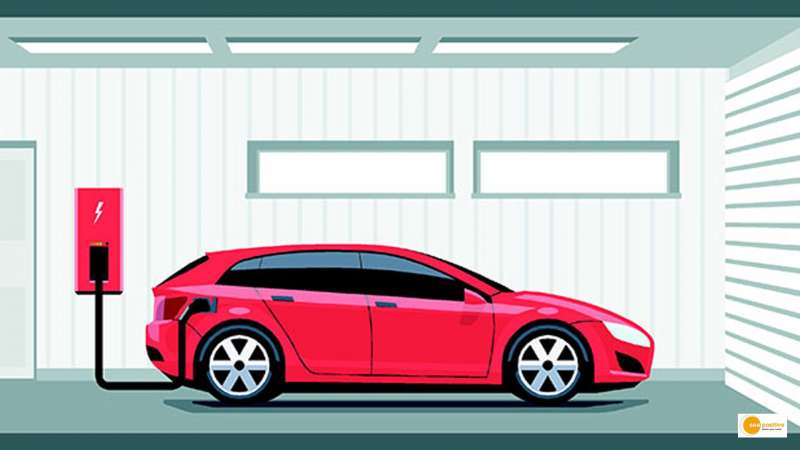

According to Union Power Secretary Alok Kumar, the central government is working to amend the Faster Adoption and Manufacturing of Hybrid and Electric Vehicles (FAME II) policy to include a subsidy for companies looking to set up electric vehicle (EV) charging hubs across India.
According to the official, the government will provide subsidies to developers looking to set up charging infrastructure in India, which will then be given to state electricity distribution companies.
“We will provide subsidy to companies who will set up charging infrastructure for public transport in small towns, and cities,” Kumar said on the sideline of INSIGHT 2022.
Subsidy to build EV charging infrastructure
He also stated that a subsidy of around Rs 4-5 lakh will be provided to set up a 200-KW charging infrastructure for electric vehicles.
The secretary went on to say that oil marketing companies will be installing electric vehicle charging infrastructure along national highways, and that they will be the primary beneficiaries of the new planned subsidy.
Nitin Gadkari, Minister of Road Transport and Highways, also stated that professionally managed public transportation systems based on electricity in a public-private partnership model will be well received.
Gadkari stated that efforts should be made to discourage the use of personal vehicles, while emphasising that the introduction of electric buses will reduce pollution and allow the country to reduce imports of diesel and crude oil.
The Minister praised the London transportation model, saying that people want more comfort at a lower cost. He proposed using a card or QR code-based entry-exit system in buses instead of a physical ticket system to save bus companies money and promote convenience.
Gadkari directed his department officials earlier this week to look for a uniform charging system for electric buses manufactured by various companies.
According to the minister, EV prices will be comparable to the cost of patrol vehicles in the country within one or two years.
Gadkari stated that the government’s goal is to reduce logistics costs from 14-16 percent of GDP to 10% of GDP by the end of 2024.


